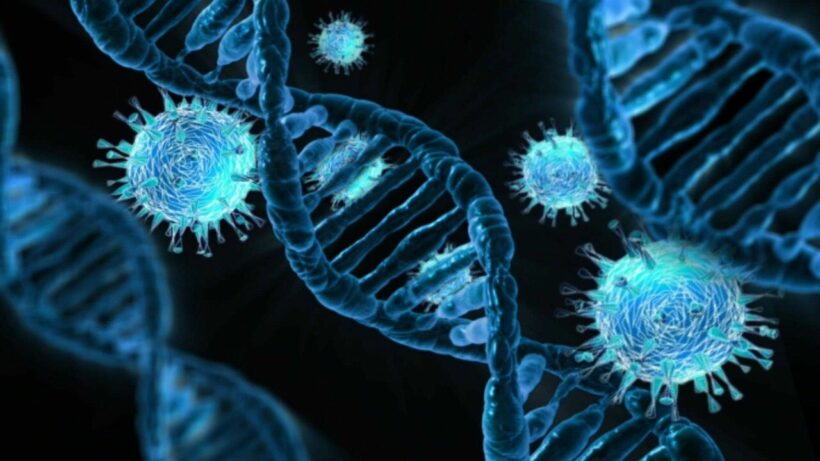Gene that doubles risk of severe Covid-19 found by Polish researchers

There may be a new method to determine who is most vulnerable during the pandemic, as a gene has been identified by Polish scientists that more than doubles the risk of serious Covid-19 infection. The scientists behind the discovery hope that being able to identify people who are a great risk might prompt them to get vaccinated if they have not already.
In Central and Eastern Europe especially, vaccine hesitancy has driven high death rates from Covid-19. But if a test can determine that someone is at high risk for serious infection, it may encourage them to get vaccinated, or at the very least allow doctors to be prepared for the most effective treatment should that person become infected.
Scientists around the world have been studying the genetic factors that can influence the severity of a Covid-19 infection. British scientists identified a gene in November that they believe might double the risk of lung failure if someone is infected with Covid-19.
But the gene discovered by the scientist at the Medical University of Bialystok may be one of the biggest factors known in determining the likelihood of severe symptoms suffered by a patient due to a Covid-19 infection. In fact, they believe that this gene is fourth only to age, weight, and gender in influence over the severity of infection.
The Health Minister of Poland has lauded the long-term work of the researchers and the benefit of being able to identify this important factor before someone becomes infected.
“After more than a year and a half of work, it was possible to identify a gene responsible for a predisposition to becoming seriously ill. This means that in the future we will be able to… identify people with a predisposition to suffer seriously from Covid-19.”
Researchers found that the gene was present in about 8 to 9% of the European population, though it was found in a much higher 14% of the people in Poland. In a country like India that suffered severe losses from Covid-19, the gene was found in 27% of those sampled.
SOURCE: Thai PBS World
Latest Thailand News
Follow The Thaiger on Google News:


























